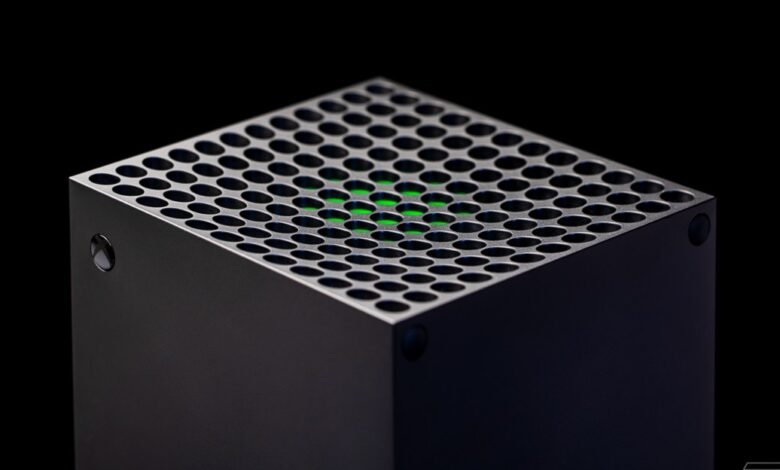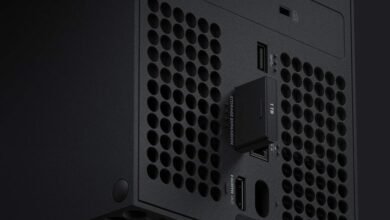Don’t Wait to Buy a Console – The Price of Patience

▼ Summary
– Historically, buying consoles at launch was unwise due to high prices and limited games, but the current generation has seen prices increase instead of decrease.
– The primary driver of recent console price hikes is tariffs, which companies sometimes obscure with vague economic language.
– The traditional console cycle of becoming cheaper over time is in jeopardy, as seen when Sony’s 2023 slimmer PS5 replaced the launch model at the same price.
– The console market is shifting with less distinction between platforms, as exclusives decline and subscription services and multiplatform games become more common.
– These trends suggest traditional consoles may become a niche, luxury product, making it advisable to buy new consoles like the Switch 2 early rather than waiting for a price drop.
For years, conventional wisdom suggested that purchasing a video game console at launch was a poor financial decision. Early adopters typically faced the highest prices and the smallest libraries of available games, while later buyers enjoyed cheaper and often improved hardware through mid-generation revisions. The current console generation, however, has turned that logic on its head. Those who bought their PlayStation 5 or Xbox Series X/S at launch now appear prescient, as console prices have not followed the traditional downward trajectory and have, in some cases, increased.
The primary driver behind these rising costs is not particularly mysterious, even if corporate statements prefer vague terms like “shifting market conditions.” The reality involves international tariffs that have impacted the cost of manufacturing and importing components. While these economic pressures affect countless industries, the video game console market feels the pinch acutely because it disrupts a long-established pattern of consumer expectation.
Historically, console manufacturers have reliably introduced more affordable models a few years into a product’s life cycle. We saw this pattern with the PlayStation 4 Slim and Xbox One S in 2016, followed by Nintendo’s release of the budget-friendly Switch Lite. This tradition of incremental, cost-reducing revisions now seems endangered. Even before recent economic pressures, the trend was weakening, likely due to soaring development costs and intense market competition. A clear sign of this shift occurred when Sony launched a redesigned, slimmer PS5 in 2023. Rather than offering a new, lower-priced option, it simply replaced the original model at the same retail cost. This signals a fundamental change in strategy, suggesting that the optimal time to buy a new console is now, as waiting for a price drop may be a gamble that doesn’t pay off.
This new reality is frustrating for consumers who missed the initial launch window. The larger concern, however, is that rising console prices create a significant barrier to entry at a time when the industry can least afford it. The very concept of the “console war” is fading. Major exclusives are increasingly released on PC, and subscription services like Xbox Game Pass are blurring the lines between platforms. For a generation of gamers raised on ubiquitous, cross-platform titles like Fortnite and Roblox, the value proposition of investing in a single, expensive piece of hardware for costly individual games is diminishing. Alternatives like the Steam Deck offer compelling, flexible gaming experiences outside the traditional console ecosystem.
This does not mean the imminent death of dedicated gaming consoles. However, persistent price increases are likely to accelerate an existing trend, pushing traditional consoles further into the luxury goods category. Without the ability to attract new players with periodic price cuts and hardware refreshes, it becomes increasingly difficult for these platforms to expand their user base. This evolving landscape suggests that if you are considering a new console, hesitation could be costly. The era of patient waiting for a better deal may be over, making a strong case for buying sooner rather than later.
(Source: The Verge)





